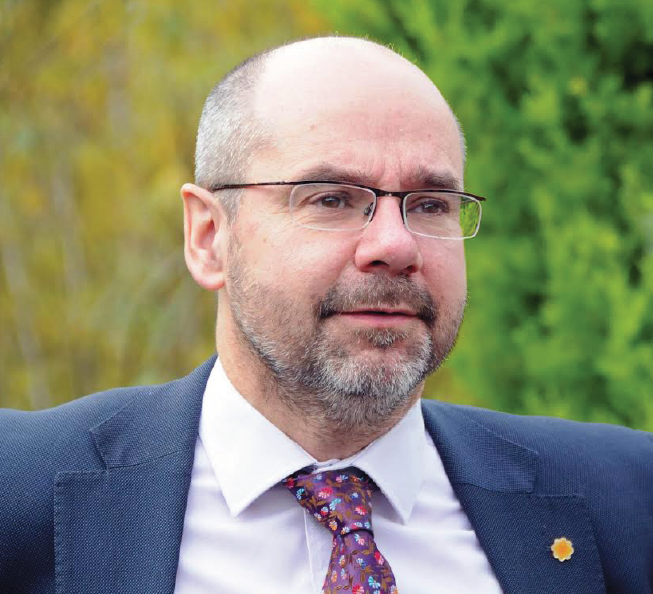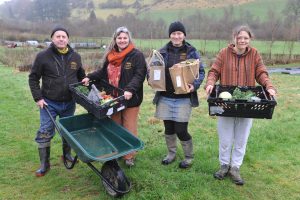
PLAID CYMRU Shadow Cabinet Secretary for Rural Affairs, Simon Thomas AM, has challenged Liam Fox MP, the Secretary of State for International Trade, who appears to be favouring a settlement based on World Trade Organisation (WTO) trading arrangements to come up with a plan to protect the Welsh rural economy post-Brexit.
Simon Thomas warned that negotiating trade deals with the EU and the rest of the WTO will be a long-winded and drawn-out process and almost impossible to do without affecting the sector in Wales.
Adhering to WTO commitments post-Brexit will create difficulties in the case of imports and exports under tariff rate quotas. WTO rules on non-discrimination imply that it may not be easy to maintain the market access granted under the EU’s Regional Trade Agreements without full-fledged negotiations to agree parallel agreements with the 50 or so countries that have signed free trade agreements with the EU.
In practice, the WTO option could means an average tariff of around 14% of agricultural imports from non-EU countries, with higher rates on individual items. Dairy exports could attract a 36% tariff, and beef exports could be between 58 % and 70%. Relying on World Trade Organisation rules, the extra cost of exporting British beef could be £240 million a year, with an extra £90 million added to the cost of exporting lamb.
Furthermore, the time pressure on the UK to secure agreements will leave it in a relatively weak bargaining position vis-à-vis its trade partners implying that it may have to yield more concessions than might otherwise be the case in order to secure these agreements.
Simon Thomas AM said: “The lack of contingency planning and empty promises made by Brexiteers during the referendum campaign will undoubtedly put the livelihoods of tens of thousands of people in Wales who work in or depend on the agriculture and food sector at risk.
“The EU accounts for over 90% of Welsh agricultural exports, with Welsh food and farming delivering £5.8 billion to our economy every year.
“It is a scandal that no Plan B was formulated by the UK Government ahead of the EU Referendum. It just goes to show how out of touch the UK Government and its Ministers are with the electorate.
“Even if we were to receive the full compensation of CAP and structural funds, which seems a highly unlikely prospect given the Prime Minister’s reluctance to commit to any funding once the UK leaves the EU, being outside the Single Market will have a devastating effect on the Welsh economy.
“It is about time the UK Government outlined how it is going to approach the labyrinth of its preferred WTO option so as not to cause any irreparable damage to the Welsh economy.
“People in rural areas whose livelihoods depend on agricultural trade in Wales deserve to know what’s ahead of them. As I have said all along, uncertainty is economically toxic.
“If Brexit goes ahead, and regrettably we have to leave the EU, then the UK should aim at being in the EEA/EFTA. If that is blocked by Norway (a possibility which Brexit ignored prior to the referendum) then the UK should negotiate a parallel treaty to that secured by Norway, but making specific provision for Welsh farming products to gain tariff-free access to EU markets.”

















Add Comment